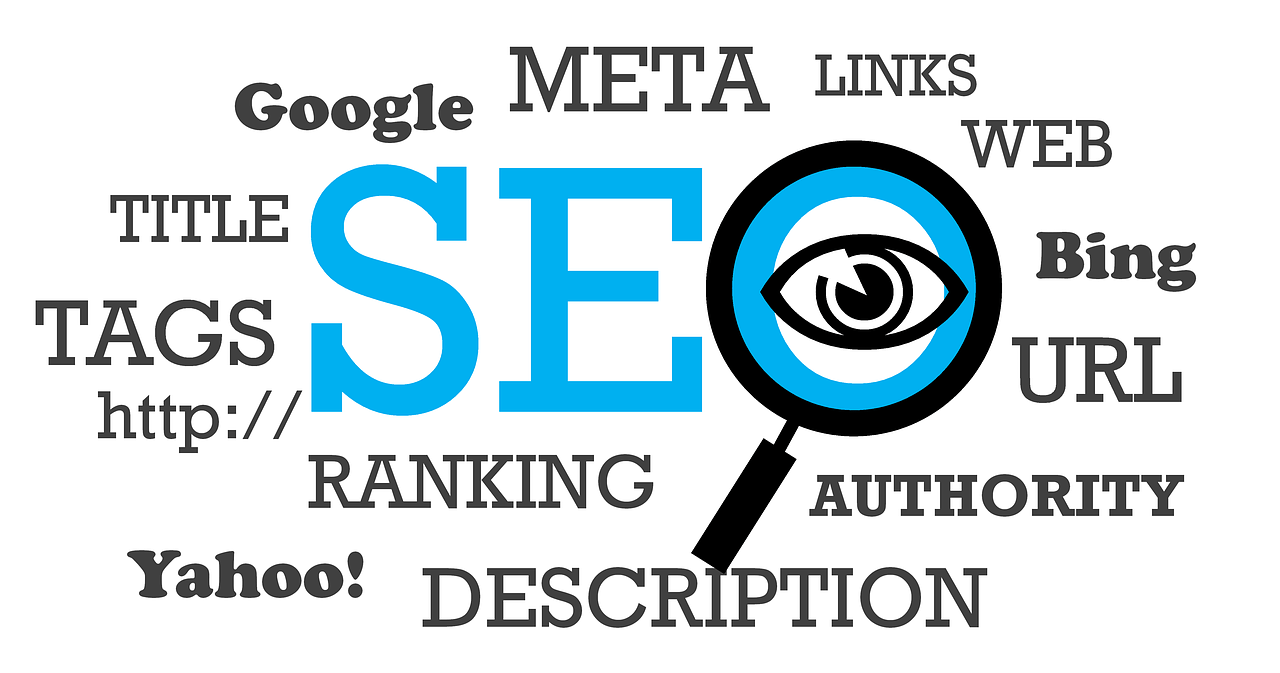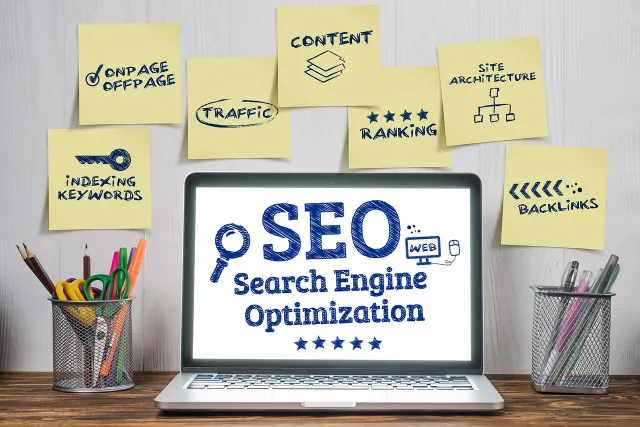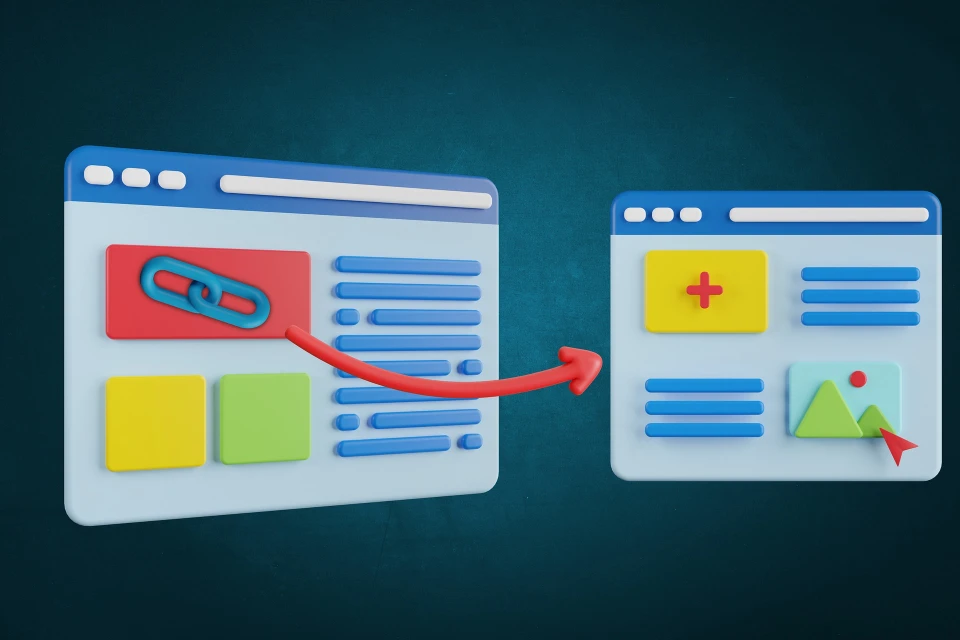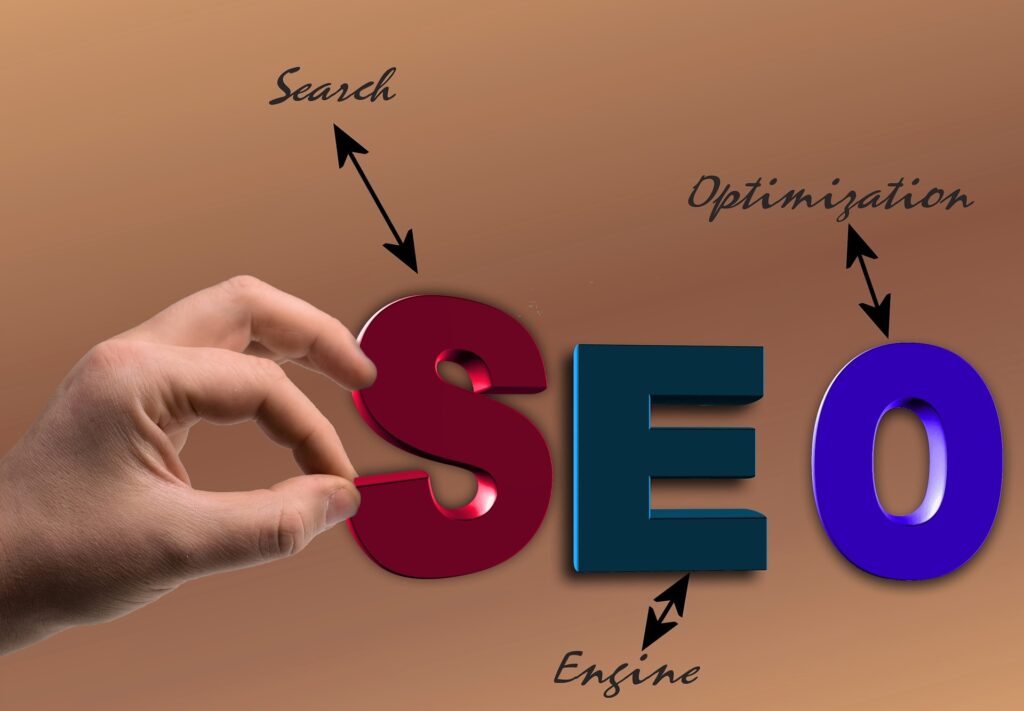Welcome to the ultimate guide to mastering on-page SEO. Whether you’re a seasoned digital marketer or just starting out, understanding the intricacies of on-page SEO is crucial for boosting your website’s visibility and attracting organic traffic. In this comprehensive article, I’ll walk you through everything you need to know about on-page SEO, from fundamental principles to advanced strategies that will help you optimize your web pages effectively.
Introduction to On-Page SEO
In the world of search engine optimization (SEO), on-page SEO refers to the techniques used to optimize individual web pages to rank higher in search engine results pages (SERPs) and attract more relevant traffic. Unlike off-page SEO, which focuses on external factors like backlinks and social signals, on-page SEO deals directly with optimizing content, HTML code, and other elements within your website.
Why On-Page SEO Matters
On-page SEO is more than just a checklist of tasks; it’s about creating a seamless user experience and signaling to search engines that your content is valuable and relevant. Here are some key reasons why on-page SEO is essential:
- Improved Search Engine Rankings: Proper on-page optimization helps search engines understand your content’s topic and relevance, leading to higher rankings for targeted keywords.
- Enhanced User Experience: Optimized pages are easier to navigate, load faster, and provide valuable information, resulting in lower bounce rates and higher engagement.
- Targeted Traffic: By aligning your content with user search intent, you attract visitors who are actively searching for what you offer, increasing the likelihood of conversions.
Key Elements of On-Page SEO
Effective on-page SEO encompasses several critical elements that work together to improve your website’s visibility and performance in search engines. Let’s explore each of these elements in detail:
Keyword Research and Optimization
Keywords are the foundation of on-page SEO. Here’s how to leverage them effectively:
- Keyword Research: Start by identifying relevant keywords and phrases that your target audience is searching for. Tools like SEMrush, Ahrefs, and Google Keyword Planner can help you discover high-volume keywords with manageable competition.
- Keyword Placement: Integrate primary and secondary keywords naturally into your content, including in titles (H1 tags), subheadings (H2, H3 tags), meta descriptions, and throughout the body text.
- Semantic SEO: Include related terms, synonyms, and variations to broaden your content’s relevance without overstuffing keywords.
Content Quality and Depth
Compelling content is not just about keywords; it’s about delivering value to your audience:
- Relevance and Engagement: Create content that addresses specific user queries and provides comprehensive answers. Long-form content tends to perform well in SERPs, as it covers topics in depth and satisfies user intent.
- Structured Content: Use headings, subheadings, bullet points, and multimedia (like images, videos, and infographics) to organize information and improve readability.
- Originality and Authority: Offer unique insights, research, or perspectives that differentiate your content from competitors and establish your authority in the industry.
Technical SEO Best Practices
Technical SEO ensures that your website is accessible, indexable, and optimized for search engine crawlers:
- Site Speed: Optimize page loading times to enhance user experience and SEO rankings. Tools such as Google PageSpeed Insights can help identify areas for improvement.
- Mobile Optimization: With mobile-first indexing, ensure your website is responsive and provides a seamless experience across all devices.
- Schema Markup: Implement structured data markup to help search engines understand your content better and potentially display rich snippets in search results.
On-Page Optimization Techniques
Fine-tuning specific elements on your web pages can significantly impact your SEO performance:
- Title Tags: Craft compelling, keyword-rich title tags (under 60 characters) that accurately describe your content and entice clicks.
- Meta Descriptions: Write concise meta descriptions (under 160 characters) that summarize your page content and include primary keywords naturally.
- URL Structure: Optimize URLs by incorporating target keywords in the slug (the part of the URL after your domain).
- Internal Linking: Link relevant pages within your site to distribute link equity, improve navigation, and enhance crawlability.
User Experience (UX) Optimization
A positive user experience correlates with better SEO outcomes:
- Navigation and Accessibility: Ensure intuitive site navigation and accessibility features for all users, including those with disabilities.
- Content Formatting: Use clear headings, subheadings, and bulleted lists to break up text and make it easier to digest.
- Visual Content: Incorporate images, videos, and other multimedia elements to enhance engagement and illustrate key points.
Tools for On-Page SEO Success
Utilizing the right tools can streamline your SEO efforts and provide actionable insights:
- SEMrush’s SEO Content Template: Analyzes top-ranking pages for your target keyword, providing recommendations to optimize content structure and keyword usage.
- SEMrush’s SEO Writing Assistant: Offers real-time suggestions for improving content readability, SEO, and keyword integration directly within your writing environment.
Mastering on-page SEO requires a strategic approach that combines technical expertise with a deep understanding of user intent and content optimization. By implementing these strategies effectively, you can enhance your website’s visibility, attract qualified traffic, and achieve sustainable growth in search engine rankings.
In the dynamic world of SEO, continuous learning and adaptation are key. Stay informed about algorithm updates, trends in user behavior, and emerging technologies to stay ahead of the competition.
If you’re ready to elevate your digital presence and drive meaningful results, start by implementing these on-page SEO strategies today. Your website’s success depends on it!





















